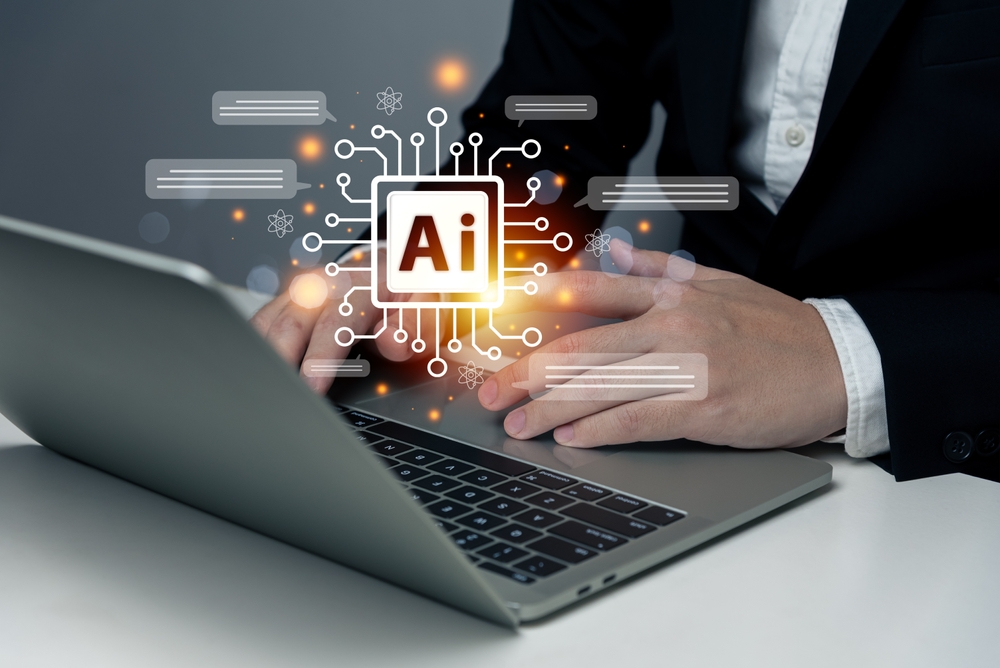
Artificial intelligence (AI) has been a pillar in managed IT for years, enabling managed service providers (MSPs) to offer tailored services to customers at scale. Now, the broad applicability of generative AI is unlocking even greater potential to deliver value — this time, with incredibly sophisticated results.
Leading IT service providers are using generative AI to optimize speed and cost while improving user experience. The result is a markedly different caliber of service, backed by generative AI technology that’s raising the bar for customer expectations.
Enhancing efficiency and productivity
Generative AI has the remarkable ability to enhance efficiency and productivity for MSPs. By leveraging the deep learning fundamentals of generative models, MSPs can do more than automate routine tasks and can engineer AI solutions to meet the unique and specific needs of customers.
For instance, consider classic service desk functions. Where traditional AI was capable of routing tickets or populating contextual data, generative AI takes a step forward into automated problem-solving. Generative AI can use a client’s service ticket data in conjunction with the company’s knowledge base to understand the client’s specific IT environment. In seconds, it’s capable of returning a turnkey solution specific to the situation instead of a suggestion that’s “close enough.” Moreover, it takes the burden off a live IT professional, who can instead focus on strategic tasks.
Generative AI naturally expedites time to resolution. As a result, MSPs can significantly reduce response times and improve service quality, leading to better customer satisfaction. On the surface, customers get the ideal resolution to their situation with virtually no time commitment. Behind the scenes, generative AI works to bring more value to MSP contracts.
Another example is generative AI chatbots. They’re capable of understanding and responding to customer queries and — through natural language processing (NLP) — providing helpful, dynamic, personalized, and prompt replies. This not only improves the customer experience but also decreases the workload for service desk teams.
In each of these examples, generative AI doesn’t replace IT professionals — it augments them. The technology empowers them to do their jobs better and focus on higher-level tasks.

Increasing service quality and reliability
The integration of generative AI into IT outsourcing solutions has the potential to revolutionize support delivery, similar to how cloud computing redefined the landscape architecture over the last two decades.
For example, if you offer digital services — such as a customer portal, online help desk, or digital storefront — generative AI provides an instant functional upgrade. The likes of ChatGPT have made customers more comfortable asking questions and talking through their needs. Thanks to NLP and contextual information from neural networks, generative AI is able to translate these questions and their implied context into immediate results. It can have a profound impact on service quality and customer experience.
ChatGPT and generative AI are also reliable. While robust, the technology is still rule-based, which allows MSPs to define the parameters by which it interacts with customers. It doesn’t need a script or playbook but can be taught to adapt instantly to questions, queries, language, requests, keywords, or anything else requiring a measured response.
ChatGPT and other generative AI tools seem human without all the implications of human nature. It won’t call in sick and doesn’t need onboarding before it becomes an effective resource. In an era where staffing is a concern and turnover is implied, generative AI lends credence to the idiom “the best ability is availability.

Personalizing customer experiences
Generative AI plays a pivotal role in personalizing customer experiences, allowing organizations to deliver solutions that meet their needs. Customer profiling and segmentation, behavior analysis, purchase history, browsing patterns, and interactions work together for detailed customer profiles. Generative AI can pull these insights for a deep understanding of a customer to make them feel valued and understood.
Generative AI-powered recommendations and suggestions further enhance the customer experience. Generative models can offer relevant recommendations and suggestions for customers based on their interactions, context, and past behaviors. This not only improves upselling and cross-selling opportunities but also helps customers immerse themselves in the brand.
When customers feel they’re understood and catered to, they’re more likely to remain loyal. An MSP who consistently delivers personalized experiences can help a company build strong relationships with its customers — fostering loyalty and reducing churn.
Keep in mind, generative AI is a “learning” technology with the power to evolve in tandem with shifting consumer expectations. The result is a consistent customer experience covering longer loyalty lifespans.
Generative AI’s cost-cutting potential
Leveraging generative AI in managed services presents a multitude of opportunities for organizations to elevate their operational efficiency, service quality, and customer experiences while cutting costs. Generative AI will not necessarily replace all your infrastructure people. Many will be freed up to work on more strategic activities. By embracing this technology, businesses can enable their human capital to achieve greater agility, innovation, and a competitive advantage in the industry.
Learn how to integrate generative AI into an IT outsourcing strategy at windzr.com .

